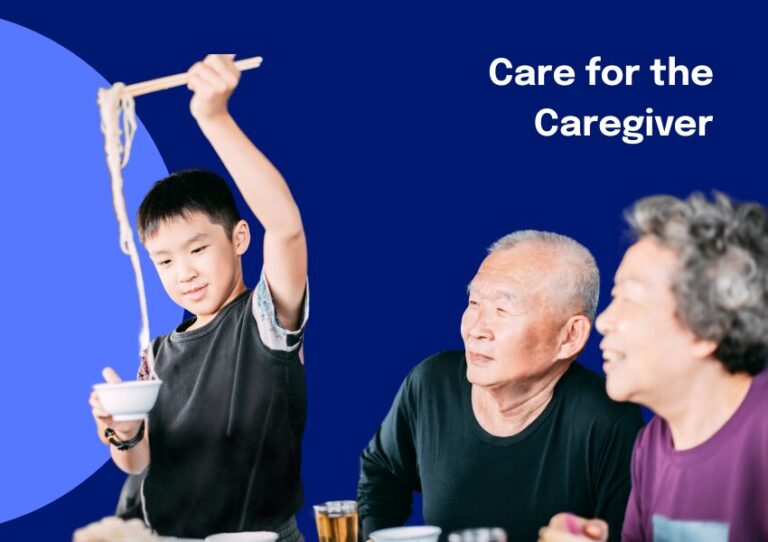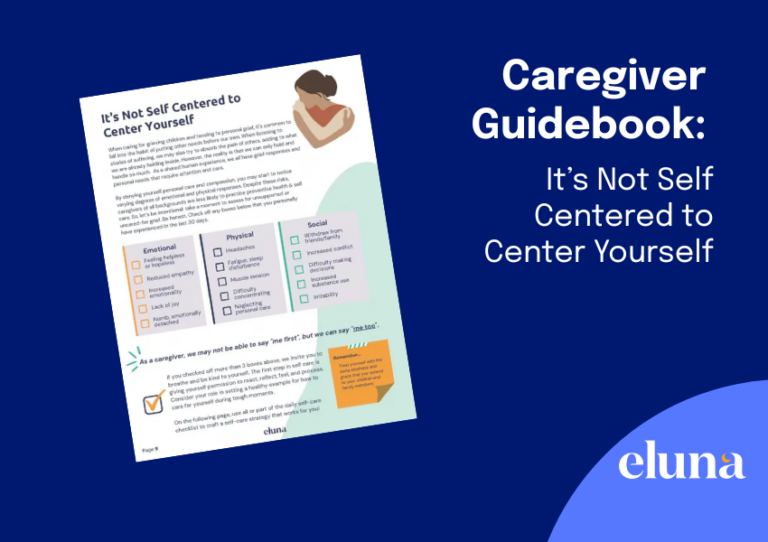Widowed Parent: Incorporating New Love and Mindful Re-Partnering
 Ah, new love—it’s often an oasis in the desert; cool, refreshing water on a hot day. But what is real and pertinent when re-coupling after a spouse’s death, and what is a mirage? How can widows or widowers move confidently forward with new love, especially with grieving children in tow?
Ah, new love—it’s often an oasis in the desert; cool, refreshing water on a hot day. But what is real and pertinent when re-coupling after a spouse’s death, and what is a mirage? How can widows or widowers move confidently forward with new love, especially with grieving children in tow?
The biological parent’s dilemma: Picture a mythical llama-like creature with a head on each end of its body—the pushmi-pullyu from the children’s classic Dr. Doolittle. The pushmi-pullyu is a great visual for the situation bio parents experience while bringing a new love into the family. One head yearns to devote energy to the couple while the other head wants and needs to stay engaged with the kids. Bio parents are truly caught in the middle and can feel insecure when attempting to move confidently in either direction. This dilemma is accentuated when the new love is childless and potentially craving even more attention from the partner.
Your new love’s dilemma: Though new partners may be optimistic about the family adventure, they usually have little idea what they’ve signed up for. After a death, with the ex no longer physically present, temptation lurks for new loves to fill the gap instead of coming alongside the memory of the deceased. The new partner may not recognize the family’s need for time and space to grieve, and time for the kids to feel assured that the surviving parent still loves them and will not die too.
Four steps to mindful re-partnering
Here’s a friendly trek thru four steps to help you re-partner with a new love AND help your kids transition. This is not a race but instead a slow walk where you appreciate the new world around you and take time to notice what each family member needs.
Step one~ Hit the books
Take time to understand that your grieving family faces three sets of losses. You can do this through self-education, counseling, or mentoring with a stepfamily educator. Here’s a quick primer.
Grieving children face the loss of a loved one and the loss of the family and lifestyle as they knew it. No offense to the new love, but time with the new love is low on the list, for a while.
Compassionate support for grieving children includes:
- Ongoing time to grieve, because grief never ends
- Continued bonds with deceased, through regular acts of memorialization
- Time with the surviving parent and reassurance of that parent’s love
- Time to trust more, fear less—for example that the next loved one won’t die
Bio parents are pushed and pulled, and have so much to balance. This can result in ignoring or stuffing one or more of their needs—often their need to grieve the loss of the person who died.
Compassionate support for bio parents includes:
- Time with the new love
- Time with the kids
- Time to grieve
- Encouragement to stay strong as the head of stepfamily central
- Permission to be human while juggling all of these balls
The future stepparents (the new loves) often enter the relationship with a forward-looking momentum that is energizing, however is out-of-sync with what the rest of the family needs.
New partners need:
- Time with and support from their partner
- Compassionate resources and support networks outside of the family, from people who “get it”
- A role to play in the family, so as not to feel like a complete outsider
- Some eventual connection with the stepkids
- Boundaries set by the bio parent with regard to splitting time with the partner and time with the kids
Step two ~ Deepen communication with your new love
Your new relationship can become a sanctuary where each partner communicates honestly and listens without judging. Discussing the realistic process of building a new family strengthens the relationship and helps everyone weather complications. If possible, schedule these talks at relaxed and romantic times during which each partner focuses only on the other. Openly review the various family needs with your partner. Voice which of your needs rise to the top, so that each partner feels heard. Then share your opinions about what the children seem to need the most.
- Discuss your mindset for re-partnering. What’s a mindset? It’s the WHY of why you want to couple up! Are you mostly looking for loving company? Intimacy? Various forms of support such as financial, emotional, or parenting help?
- How could these mindsets affect your disposition in the family? For example, what if you really want a parenting partner but your kids don’t accept the new love as a parental figure? Or what if your new love so enjoys your company that you feel guilty for spending time alone with your children?
There are no right answers, only thoughtful observations, discussions, and agreements. Make regular time for you and your partner to mindfully discuss the realistic side of building your stepfamily.
Step three ~ Reveal your heart to your children
Hold ongoing heart-to-heart conversations with your children. This may be the hardest step to begin. Trust that you’ll have a positive impact on your kids through the transparency of revealing your emotions. These talks can evolve into family meetings down the road.
Although the new love can eventually share heartfelt intentions with the children too, it’s the bio parent who must first set the tone with the kids, a tone that defines “moving forward” as inclusive of memories of the person who died and the new love. The new love will be the and, not the instead.
Your “getting the talks started” script:
- A new love doesn’t mean I don’t still love your (mommy, daddy).
- I am the type of person who needs a life partner through the ups and downs we experience in the world. I feel lonely without someone to share the adult part of the journey. Have you ever felt lonely? Are you feeling lonely now? How can I help? Sometimes I need another adult to help me too.
- We can all work together to help the new person join our family AND honor your (mommy, daddy). The new person will need our suggestions.
- Building a new family won’t be easy, however we are a team and we can do this! What are some ideas of how you can help a new person understand what you need?
Step four ~ Find support
How can you best find support for your own needs and for your new family? Access the resources at your disposal! You do not have to make this up or reinvent the wheel.
- Search the Eluna Resource Center
- Find state-specific grief support resources through the NAGC website Many organizations have widow peer support groups.
- Read Stepparenting the Grieving Child, which includes mindset analysis, the stepfamily cycle, stepfamily growth stories, and at least 25 ideas to help memorialize the deceased parent.
- Listen to The Widowed Parent Podcast, by Jenny Lisk
- Join private Facebook groups such as Stepparenting the Grieving Child, Stepping Up – Stepparenting a Child after the Death of a Parent, and Dating a Widower.
You can quench your thirst and bring a new love into a grieving family. Move slowly and thoughtfully; drink freely of your educational resources. Get past the mirage that the clock is counting down some imaginary timeline for your new family formation. Work the steps and see what growth happens organically.


